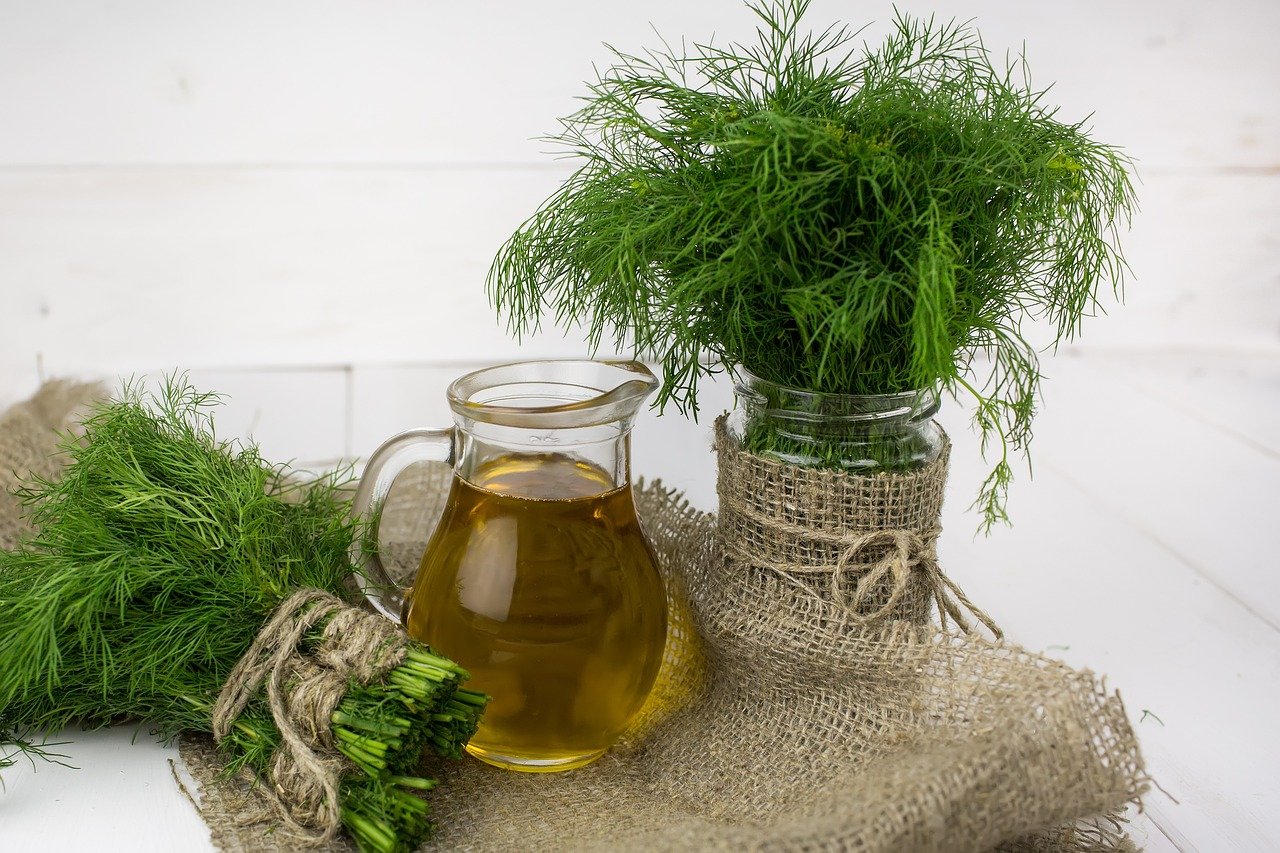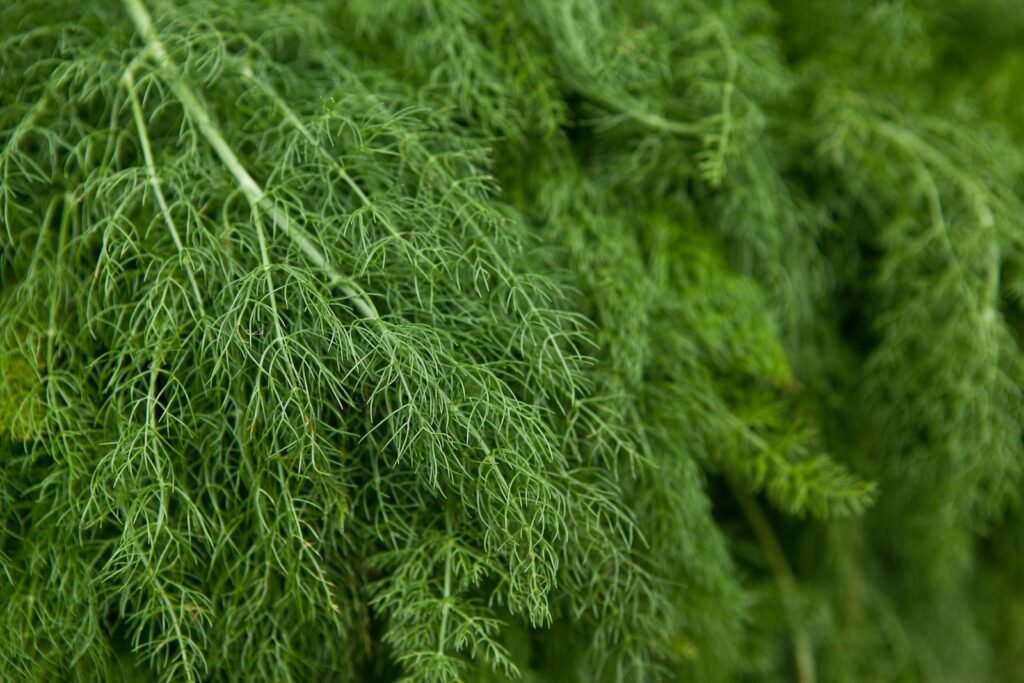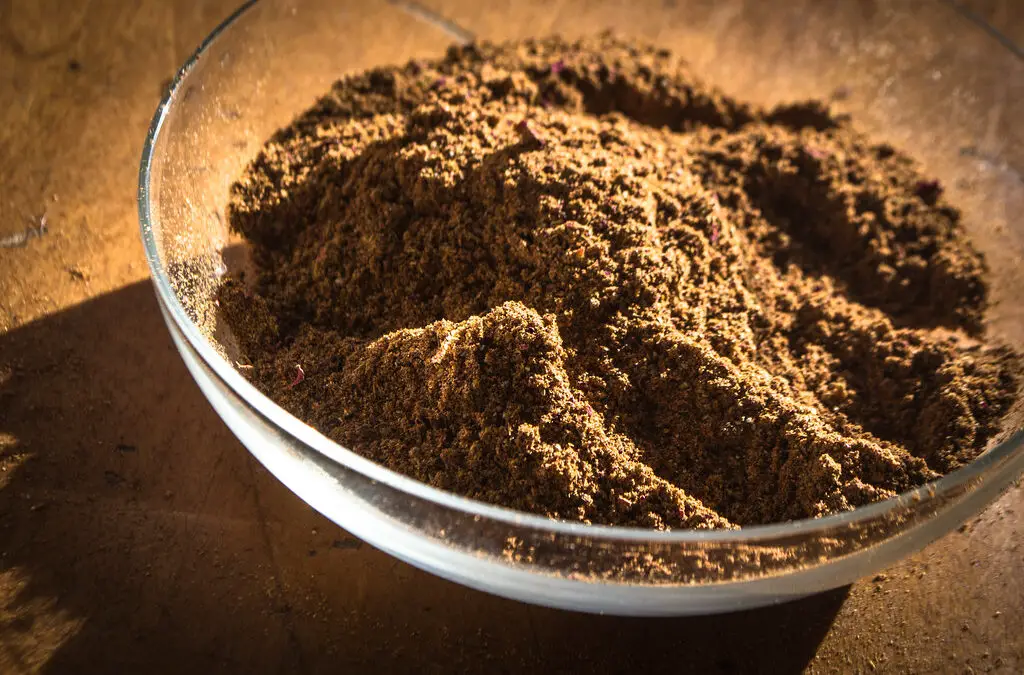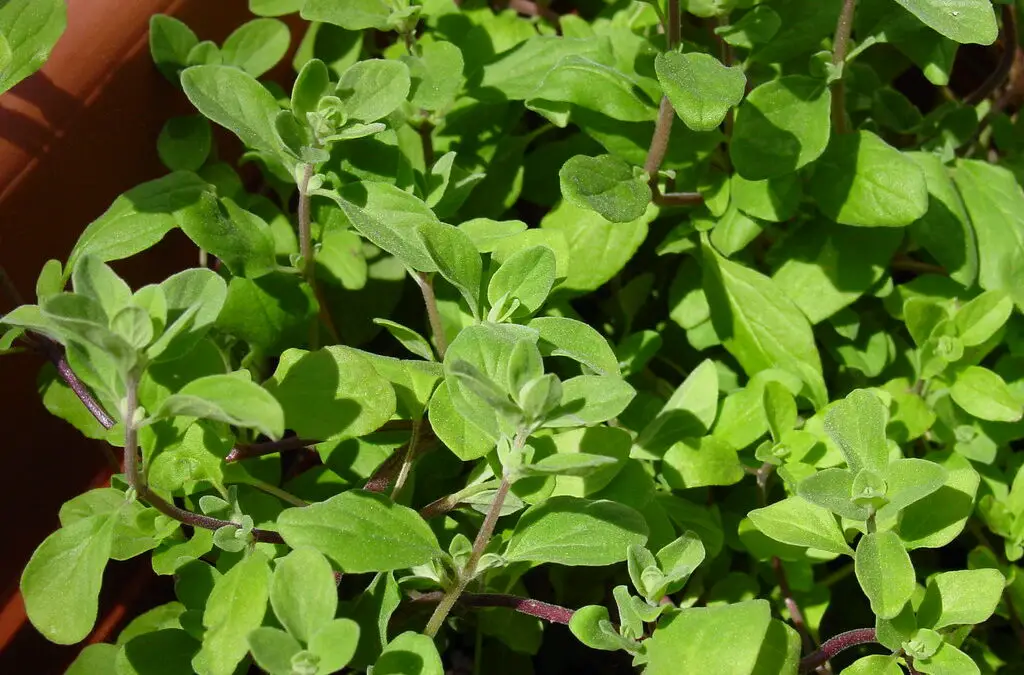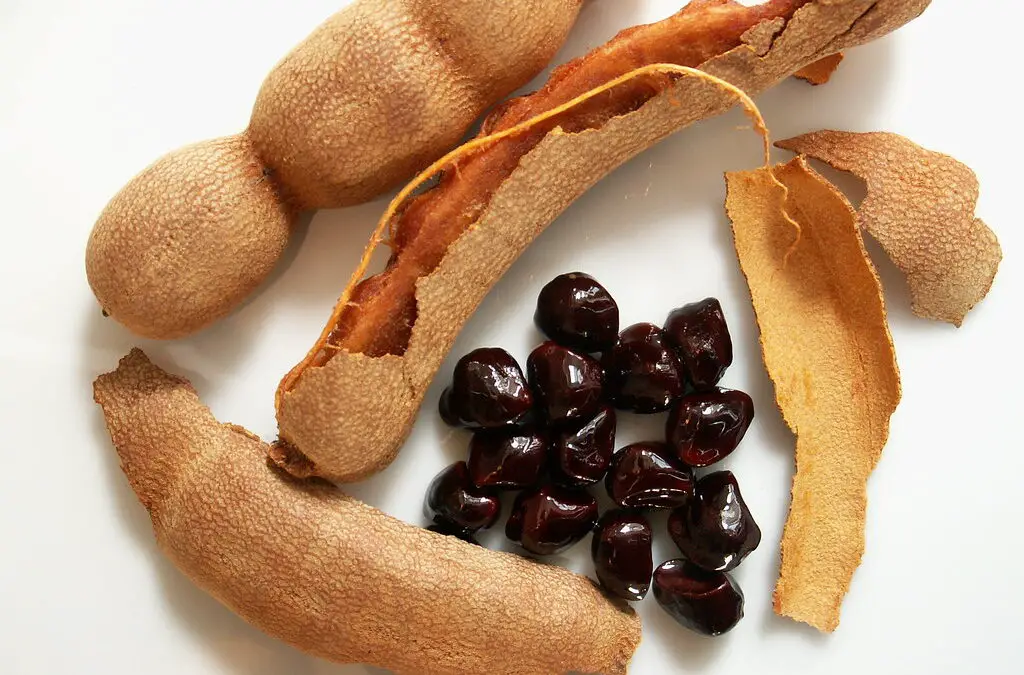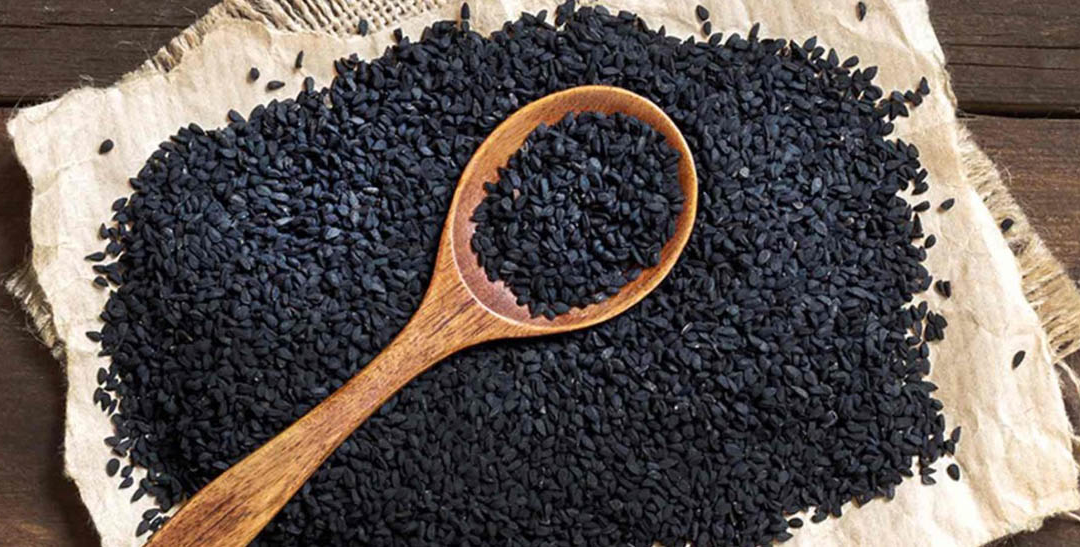Dill weed is a popular herb in Middle Eastern cuisine that has been used for centuries. It is a member of the parsley family and has a unique flavor that is both tangy and sweet. It is often used in pickling and is a common ingredient in dishes like tzatziki sauce and Greek salads.
In addition to its culinary uses, it has also been used for its medicinal properties. It is believed to have anti-inflammatory and anti-bacterial properties and has been used to treat a variety of ailments, including digestive issues and menstrual cramps. It is also high in antioxidants and may have cancer-fighting properties.
Overall, this weed is a versatile herb that adds flavor and nutrition to Middle Eastern dishes. Its unique taste and potential health benefits make it a valuable addition to any kitchen.
What is Dill Weed?
Dill weed is an herb that is commonly used in Middle Eastern cuisine. It is known for its unique flavor and aroma, which is often described as fresh, tangy, and slightly sweet. It is a member of the parsley family and is native to the Mediterranean region.
The herb is commonly used in dishes such as tzatziki sauce, hummus, and falafel. It is also used in pickling recipes, where it adds a distinctive flavor to cucumbers, carrots, and other vegetables.
This weed is a good source of vitamins A and C, as well as minerals such as calcium and iron. It is also high in antioxidants, which can help to protect the body against damage from free radicals.
When using it in cooking, it is important to use it sparingly, as its strong flavor can easily overpower other ingredients. It is best to add it towards the end of the cooking process, as its flavor can be lost if it is cooked for too long.
Overall, it is a versatile and flavorful herb that is a staple in Middle Eastern cuisine. Its unique taste and aroma make it a popular ingredient in many dishes, and its health benefits make it a great addition to any diet.
Culinary Uses of Dill Weed
Dill weed is a popular herb in Middle Eastern cuisine, known for its unique flavor and aroma. It is often used in soups, stews, salads, and pickles. Here are some ways to incorporate it into your cooking:
In Soups and Stews
This is a common ingredient in Middle Eastern soups and stews. It adds a fresh, herbaceous flavor to the dish and pairs well with vegetables, legumes, and meats. Here are some examples of soups and stews that use it:
- Lentil Soup: It is often added to lentil soup to give it a bright, fresh flavor. It pairs well with the earthy flavor of lentils and adds a pop of green to the dish.
- Chicken Stew: It can be added to chicken stew for a fresh, herbaceous flavor. It pairs well with the savory flavor of chicken and adds a pop of color to the dish.
In Salads
Dill weed can also be used in Middle Eastern salads to add flavor and texture. It pairs well with crisp vegetables and tangy dressings. Here are some examples of salads that use it:
- Cucumber Salad: It is a common ingredient in Middle Eastern cucumber salad. It adds a fresh, herbaceous flavor to the dish and pairs well with the cool, crisp flavor of cucumber.
- Tomato Salad: It can be added to tomato salad for a fresh, herbaceous flavor. It pairs well with the tangy flavor of tomatoes and adds a pop of green to the dish.
In Pickles
Dill weed is a key ingredient in Middle Eastern pickles, adding a unique flavor and aroma. It pairs well with the sour, tangy flavor of pickles and adds a pop of green to the dish. Here are some examples of pickles that use it:
- Cucumber Pickles: It is a common ingredient in Middle Eastern cucumber pickles. It adds a fresh, herbaceous flavor to the pickles and pairs well with the tangy flavor of vinegar.
- Turnip Pickles: Dill can be added to turnip pickles for a fresh, herbaceous flavor. It pairs well with the sour, tangy flavor of turnips and adds a pop of color to the dish.
In conclusion, it is a versatile herb that can be used in a variety of Middle Eastern dishes. Whether you’re making soup, salad, or pickles, dill adds a fresh, herbaceous flavor to the dish.
Health Benefits of Dill Weed
Apart from its culinary uses, it also offers several health benefits. In this section, we will discuss its various health benefits.
Digestive Health
Dill weed is known for its digestive properties. It contains an essential oil called carvone, which has been shown to stimulate the production of digestive juices and enzymes, aiding in digestion. Dill is also a natural remedy for flatulence and bloating. It can be consumed in the form of tea or added to food as a seasoning.
Bone Health
Dill weed is a rich source of calcium, which is essential for bone health. Calcium is necessary for the development and maintenance of strong bones and teeth. Consuming dill regularly can help prevent bone-related disorders such as osteoporosis.
Respiratory Health
Dill has been used for centuries as a natural remedy for respiratory disorders such as asthma and bronchitis. It contains compounds that have anti-inflammatory and anti-spasmodic properties, which help to relax the airways and improve breathing. It can be consumed in the form of tea or added to food as a seasoning.
In conclusion, dill is a versatile herb that not only adds flavor to Middle Eastern cuisine but also offers several health benefits. Regular consumption can aid in digestion, promote bone health, and improve respiratory function.
Growing and Harvesting Dill Weed
Planting Dill
When planting dill, it is important to choose a location with full sun and well-draining soil. The seeds should be sown directly into the soil after the last frost of the season. Sow the seeds about 1/4 inch deep and 18 inches apart. It prefers a soil pH of 5.5 to 6.5, so it may be necessary to add lime to the soil if the pH is too low.
Caring for Dill Weed
Dill is a low-maintenance herb that requires little care. The soil should be kept moist, but not waterlogged. Overwatering can lead to root rot. It does not need to be fertilized, but a light application of compost or organic fertilizer can help promote growth. It is also important to keep the area around it free of weeds, as they can compete for nutrients.
Harvesting Dill Weed
Dill weed can be harvested once it reaches a height of about 12 inches. The leaves and stems can be harvested as needed, but it is important to leave some leaves on the plant to allow it to continue growing. To harvest, simply cut the stems near the base of the plant. Dill can be used fresh or dried for later use. To dry, hang the stems upside down in a warm, dry place until completely dry. Once dry, the leaves can be removed from the stems and stored in an airtight container.
Dill Weed Vs Dill Seed
Dill is a popular herb in Middle Eastern cuisine, used to add flavor and aroma to a variety of dishes. It can be used in its fresh or dried form, and in either form, it is available as either weed or seed. While both forms of dill come from the same plant, they have different culinary uses and flavor profiles.
Dill Weed
It is the fresh or dried leaves of the dill plant. Dill is a delicate herb with a feathery texture and a subtle, sweet flavor.
It has a delicate flavor that can be easily overwhelmed by stronger spices and seasonings. It is best used in dishes where its subtle flavor can shine through. This weed is also a good source of vitamin C, iron, and calcium.
Dill Seed
Dill seed is the dried fruit of the dill plant. It has a stronger flavor than the weed, with a slightly bitter taste and a hint of anise. Dill seed is commonly used in Middle Eastern cuisine to flavor pickles, bread, and rice dishes. It is also used to flavor meat dishes, such as lamb and beef.
Dill seed has a stronger flavor and can stand up to stronger spices and seasonings. It is best used in dishes where a stronger flavor is desired. Dill seed is also a good source of calcium, iron, and fiber.
In conclusion, while the weed and the seeds come from the same plant, they have different culinary uses and flavor profiles. The weed is best used in dishes where a subtle, sweet flavor is desired, while dill seed is best used in dishes where a stronger, slightly bitter flavor is desired.
Storing Dill Weed
When it comes to storing, it is important to keep it fresh for as long as possible. It can be stored in a variety of ways, but some methods are more effective than others.
One of the best ways to store it is to keep it in the refrigerator. Simply wrap it in a damp paper towel and place it in a plastic bag. This will help to keep it fresh for up to a week.
Another option is to freeze it. Dice the weed into small fragments and transfer them to an ice cube tray. Proceed to fill the tray with water and freeze it until solid. Once frozen, you can store the cubes in a freezer bag for up to six months.
If you have dried dill weed, it can be stored in an airtight container in a cool, dry place for up to a year. However, it is important to note that dried weed loses its flavor over time, so it is best to use it within six months.
When using it in Middle Eastern cuisine, it is important to use fresh dill whenever possible. Fresh dill has a much stronger flavor than dried dill, and can really help to enhance the flavor of a dish. By storing it properly, you can ensure that you always have fresh dill on hand for all of your Middle Eastern cooking needs.
Conclusion
In Middle Eastern cuisine, dill weed is a versatile herb that adds flavor and depth to many dishes. From salads to stews, it offers a unique taste that is both refreshing and tangy.
One of the most common uses of dill in Middle Eastern cuisine is in yogurt-based dips and sauces. The herb’s bright, fresh flavor pairs perfectly with the creamy texture of yogurt, making it an excellent addition to dishes like tzatziki and labneh.
It is also a popular ingredient in soups and stews. Its unique flavor profile adds depth to broths and can help balance out the richness of meat-based dishes.
In addition to its culinary uses, it has a number of health benefits. It is high in antioxidants and has been shown to have anti-inflammatory properties. Dill has also been used for centuries as a natural remedy for digestive issues, such as bloating and gas.
Overall, dill weed is a valuable herb to have in any Middle Eastern kitchen. Its versatility and health benefits make it a great addition to a variety of dishes, and its unique flavor profile is sure to add a refreshing twist to any meal.
